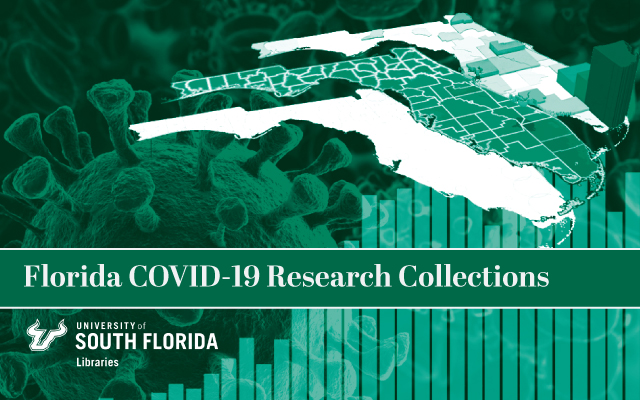
All publications
Impact of Vaccine Prioritization Strategies on Mitigating COVID-19: An Agent-Based Simulation Study using an Urban Region in the United States
Document Type
Article
Publication Date
3-2021
Keywords
Vaccination strategies, COVID-19, Agent-based simulation model, Vaccination policies, Vaccination prioritization
DOI
https://doi.org/10.1101/2021.03.12.21253447
Abstract
Background: Approval of novel vaccines for COVID-19 has brought hope and expectations, but not without additional challenges. One central challenge is how to appropriately prioritize the use of limited supply of vaccines. This study evaluates various prioritization strategies and the efficacy of the vaccination campaign underway in the U.S.
Methods: The study develops a granular agent-based simulation model for mimicking community spread of COVID-19 under various social interventions including full and partial closures, isolation and quarantine, use of face mask and contact tracing, and vaccination. The model is populated with demographic and societal data for an urban community in the U.S. with 2.8 million residents as well as viral parameters. The model tracks daily numbers of infected, hospitalized, and deaths for all census age-groups. Model is calibrated using parameters for viral transmission and level of community circulation of individuals. Published data from the Florida COVID-19 dashboard is used to validate the model. Vaccination strategies are compared using hypothesis test for pairwise comparisons.
Results: Three prioritization strategies examined are: a close variant of the CDC recommendation, an age-stratified strategy, and a random strategy. The impact of vaccination is also contrasted with a no vaccination scenario. The comparison shows that the ongoing campaign in the U.S. using vaccines developed by Pfizer/BioNTech and Moderna is expected to 1) reduce the cumulative number of infection by 10% and 2) help the pandemic to subside below a small threshold of 100 daily new reported cases sooner by approximately a month. The prioritization strategies when compared with each other showed no significant difference in their impacts on pandemic mitigation.
Conclusions: Recent explosive growth of the number of new COVID-19 cases in the U.S. continues to shrink the susceptible population. This, we believe, will likely limit the expected number of people that could be prevented from getting infected due to vaccination. A shrinking susceptible pool may also be an attributable reason for the observed lack of statistical difference among the outcomes of the prioritization strategies. However, the invariance of the strategies should give more latitude for decision makers in COVID-19 vaccine distribution.
Citation / Publisher Attribution
medRxiv, March 12, 2021, art. 21253447
Scholar Commons Citation
Tatapudi, Hanisha; Das, Rachita; and Das, Tapas K., "Impact of Vaccine Prioritization Strategies on Mitigating COVID-19: An Agent-Based Simulation Study using an Urban Region in the United States" (2021). All publications. 104.
https://digitalcommons.usf.edu/usf_fcrc_all/104

